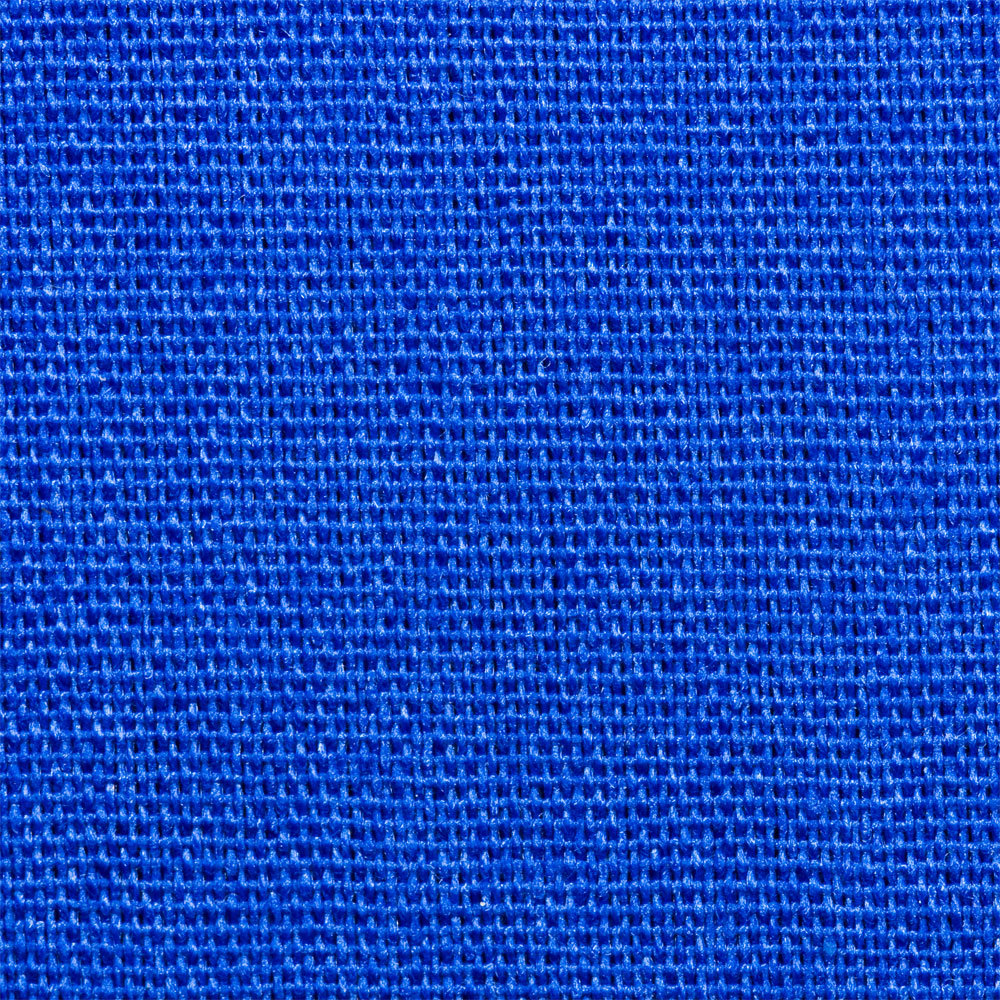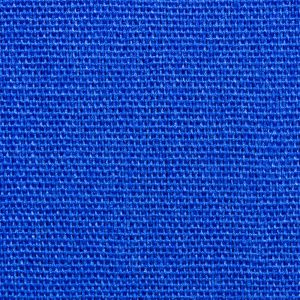Originally made with silk warp and wool weft, poplin is now a cotton or cotton blend fabric with fine horizontal ribs. The fabric is plain weave, and the ribs are formed by thicker (or grouped) weft yarns.
In the U.S. and Canada, poplin is considered a heavier weight fabric than broadcloth, while in the U.K., this distinction is not made. In fact, British poplin is another name for broadcloth.
First made in Avignon (which was the Papal seat from 1309-1378), papeline or poplin—in its silk and wool form—was used to make church vestments.
Uses: Shirts, dresses, raincoats, sportswear
See also:
Broadcloth, cotton type

